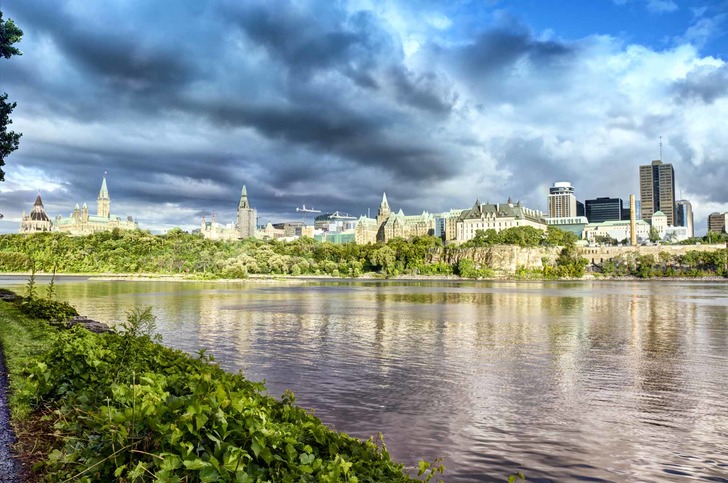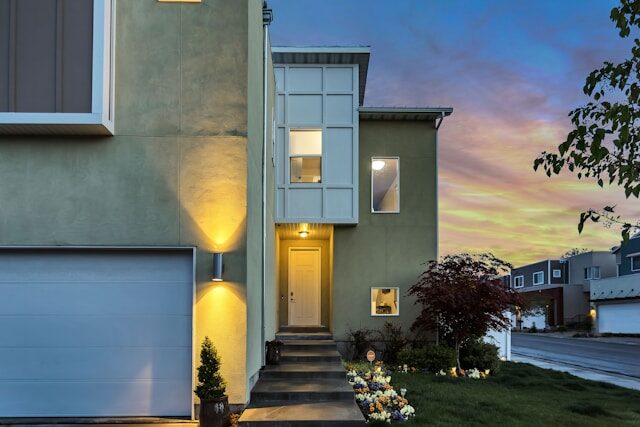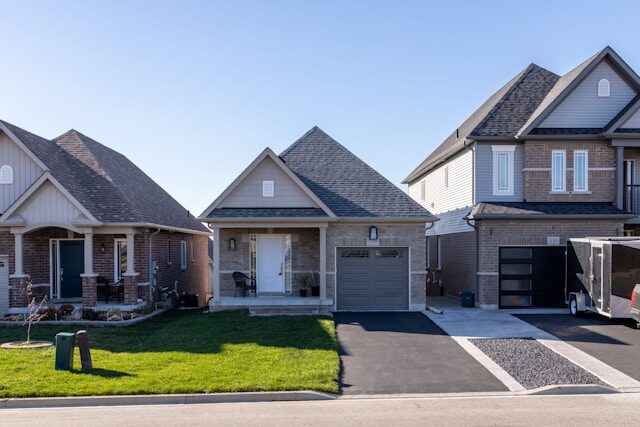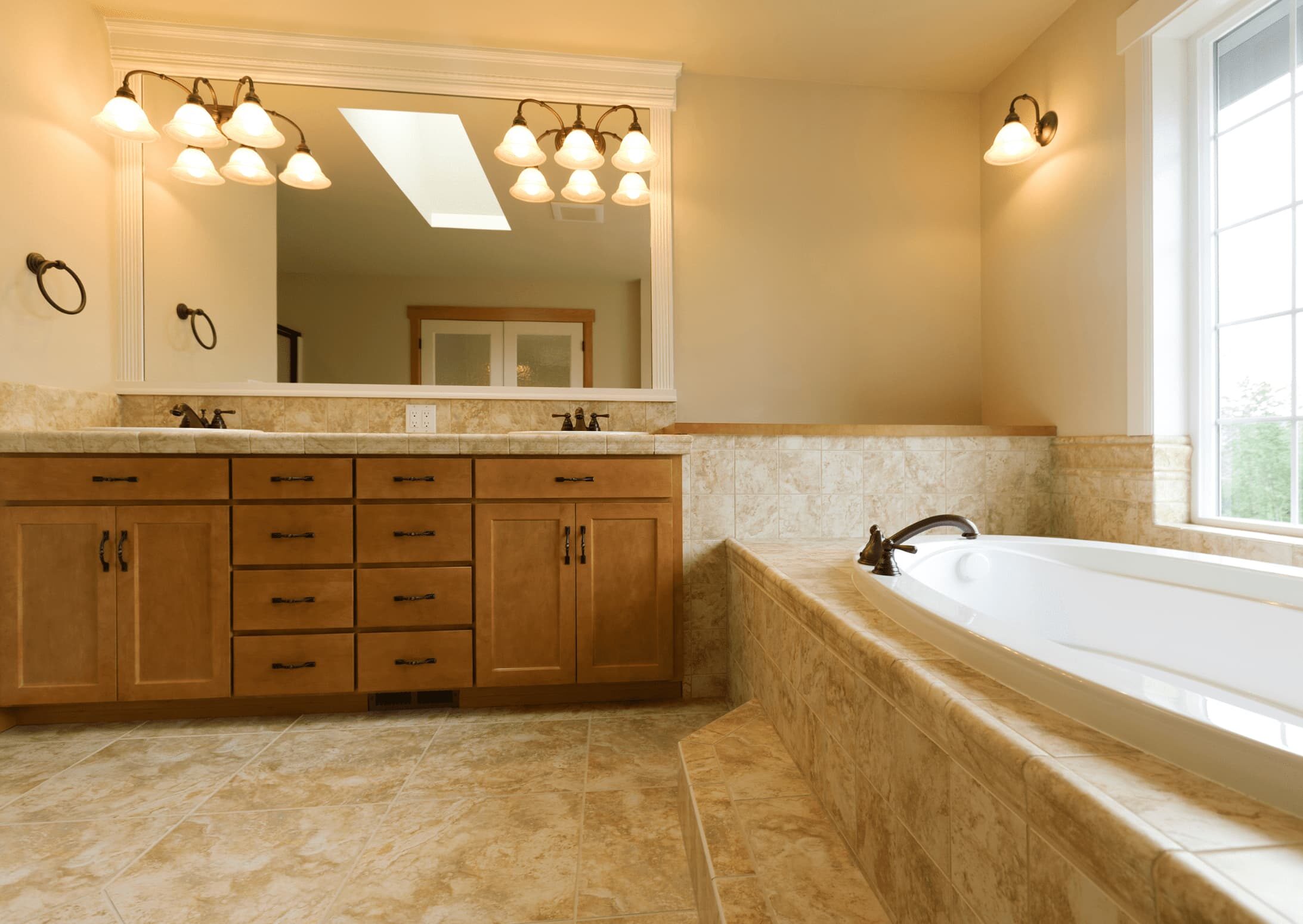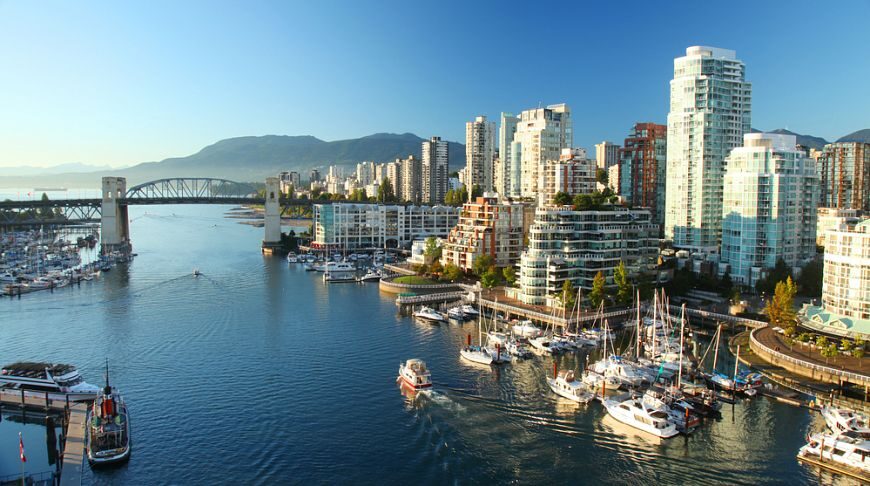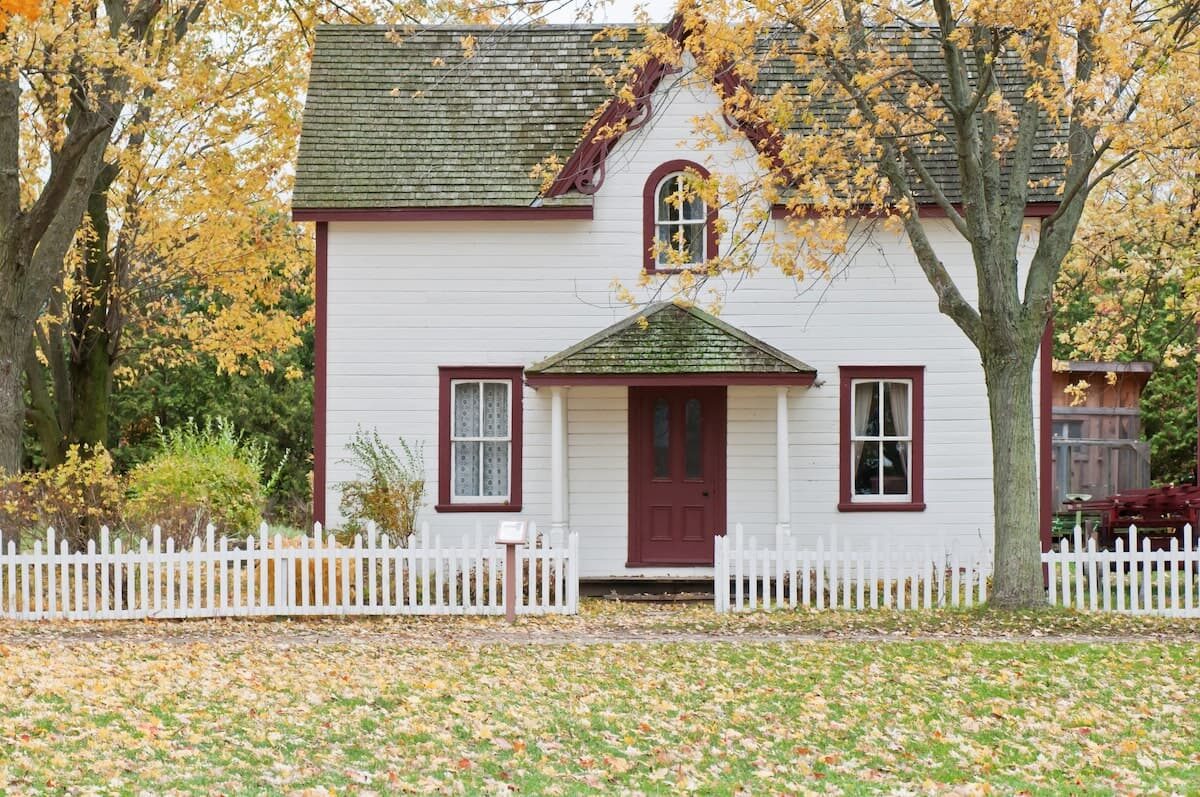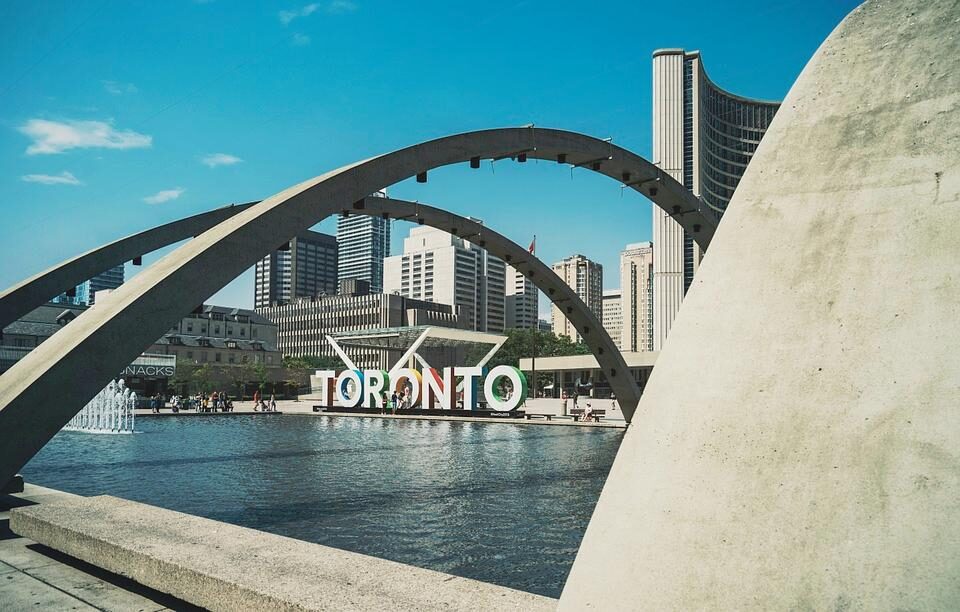Canada has been steadily popular among foreigners from around the world for many years as one of the best options to emigrate, thanks to which the local real estate market is always stable, even in times of crisis.
Canada is the second largest country in the world after Russia in terms of land area, and has a very low population density – only three people per square kilometer. It has a consistently high standard of living, and housing prices are more affordable than in the U.S. or European countries. Located in North America, this country has the longest coastline in the world, so there are no real estate market battles for the first line of the sea. It is also worth noting that Canada today is a constitutional monarchy (the head of state is the British Queen) where English and French are federally recognized as official languages. Canadian lands were once French and then became an English colony. Today, the province with a predominantly French-speaking population is Quebec, and the rest of the country belongs to English- or bilingual territories.
In Canada, there are several types of housing available, including:
- Detached houses: These are standalone houses, typically with a front and back yard.
- Semi-detached houses: These houses share a wall with another house, but are otherwise separate.
- Townhouses: These are houses that are attached to other houses in a row or block. They typically have small yards or outdoor space.
- Apartments: These are multi-unit buildings that contain several individual living units, often with shared common areas such as hallways and elevators.
- Condos: Condos are similar to apartments, but the units are owned rather than rented.
- Manufactured homes: These are houses that are built offsite and then transported to their final location.
- Co-housing: This is a type of housing where residents live in separate units but share common spaces and resources.
Overall, the type of housing available in Canada can vary widely depending on the location and the individual’s needs and preferences.
This division is very convenient for immigrants – they can choose the part of Canada whose language (together with the corresponding culture) is closer to them. The fact that since the 1960s, Canada has embraced multiculturalism and the whole world is now represented in the country is also very encouraging. Many cities have neighborhoods dominated by national minorities (e.g. Chinese, Italian, Portuguese neighborhoods in Toronto and Montreal) and there are regular festivals dedicated to the heritage of different countries.
Buying property by foreigners in Canada
Previously, the country has a well-established program for obtaining a residence permit for the purchase of real estate, but the flow of those wishing was so great (despite the fact that to obtain a legal resident card, issued as soon as possible, it was necessary to invest their money in housing premium-class) that Canadians have stopped coping with it, and in 2014 decided to close it. Canadians explained their motivation by the fact that due to rising real estate prices, which were fueled by strong interest from investors from abroad, not all local citizens could afford to buy housing. In Canada, it is very common for people to renovate their basements and turn them into full-fledged housing. This way they increase their living space, and there are specialized companies for such renovations, such as CSG Renovation https://csgrenovation.ca/basement-renovations-barrie/.
Features for foreign buyers
Also, in some provinces, were imposed restrictive mechanisms regarding foreign buyers, for example, in Ontario, where for keeping up the growth of the cost of houses and apartments for local buyers, began to collect a tax of 15% on the value of transactions with housing in the region of Toronto with the buyers who are not citizens of Canada. After the abolition of the program for the issuance of residence permits for the purchase of real estate in the country there was a unified migration program, similar to the American green card, where you need to collect a certain number of points to get a residence permit. They accrue for language skills, availability of an employer’s invitation, high qualifications, etc.
Electronic selection system for immigration
In 2015, the country launched an electronic selection system for immigration applicants called Express Entry. Its key objective is to evaluate foreigners for Canadian residence permits as objectively as possible. To use the system, you need to go to the official website of Citizenship and Immigration Canada, register on the site, pass a series of tests and get a score of usefulness for the country.
Holders of a high score from the Express Entry system are virtually guaranteed to receive a residence permit. After the test, they receive an invitation to apply for a residence permit by email. At the same time, the basis for a residence permit may also be an investment – for this the applicant must prove the availability of ideas and finances for implementation. Investors are required to invest more than 1.2 million Canadian dollars ($ 933,000) in one of the government programs for a period of 5 years.
Removing the reason for foreigners to buy a home in Canada has not affected the decline in interest in the purchase of housing in this country by foreigners, because most see Canada as a place to emigrate, not as a “cottage on the sea”, etc. Real estate is bought anyway, and the right to stay in this country permanently is obtained in a different way. But it is worth noting that under the previous system, foreigners were applying for a residence permit to Canada for the purchase of real estate with the aim of obtaining a second passport and dual citizenship by naturalization, which under the current programs is difficult to implement.

According to a study by Global Wealth Migration Review, Canada is attracting more and more wealthy people from the EU and China, with Europeans preferring to buy homes in Toronto and Montreal (Quebec), and Asians – in Vancouver. Today, Canadian law does not restrict foreigners in the acquisition of housing with the exception of recreational areas, so a citizen of any country can conduct all real estate transactions in Canada – buy, own and sell on an equal basis with Canadians.
Real estate market
According to 2022 data, real estate values in Canada are up an average of 11%. But prices and increases can vary from region to region. The highest home prices are found in the country’s largest city, Toronto. Despite the fact that it is not the capital, it is home to a third of the population of Canada, which has made the city a business, economic, industrial and educational center. The largest Russian-speaking community is located here, so there are many kindergartens and schools for our compatriots in Toronto. Buying a small studio will cost $200,000 (hereinafter – US Dollars), a mid-size apartment – $400,000, a townhouse – $500,000, and the cost of a private home will tend to 1 million dollars.
In metropolitan Ottawa, a relatively small city, real estate prices are lower – the cost of a one-bedroom apartment will be $150,000, and a private home with a small area – $400,000. In the cultural capital of Canada and the largest city of the province of Quebec, Montreal, the purchase of a one-bedroom apartment in the city center will cost $200,000, the price of a private home – $300,000. Vancouver – a key city on the west coast of Canada, it is here there is real estate with the most picturesque views of the ocean and mountains. Such characteristics significantly affect the pricing: the price of a one-bedroom apartment will cost $400,000, and the purchase of a house will cost $600,000.

